Altria Group, the maker of Marlboro cigarettes, recently announced plans to purchase NJOY Holdings, a relatively small independent vape company in the near future, confirming suspicions that arose almost a full year ago regarding Altria’s loyalties to Juul.
While there has been much expert speculation about a potential purchase of this nature for quite some time now, the news officially broke on March 6, 2023.
In addition to the purchase of NJOY, Altria also announced that it has traded its 35% share in Juul Labs for related intellectual property.
Altria’s decision is being driven by the fact that NJOY currently holds six products with marketing authorization from the Food & Drug Administration. Of course, all of these products are tobacco-flavored. Not even NJOY has managed to skirt past the premarket tobacco application process (PMTA) with a menthol-flavor product, let alone any flavored products.
“We believe we can responsibly accelerate U.S. adult smoker and competitive adult vaper adoption of NJOY ACE in ways that NJOY could not as a standalone company,” said Billy Gifford, the CEO of Altria.
Altria Breaks Off From Juul
It has been public knowledge for some time now that Juul is suffering from both financial and legal woes. Making matters worse was the looming fear that backing from tobacco giant Altria Group would eventually wane or disappear altogether.
Unfortunately for Juul, every one of their worst fears came true eventually.
All of this began around 2018 when Juul began to rack up infamy among various groups, including schools, lawmakers, and parents. The common trait that all of these groups had is that they were anti-vaping advocates and primarily blamed Juul for sparking the so-called underage vaping epidemic.
This is essentially what set up Juul’s almost inevitable downfall.
The first significant nail in the coffin came in Sept. 2022 when Altria ended its non-competition clause with the once-popular vape manufacturer. According to Altria, this decision was based on the value of Juul dropping below 80% of what was originally invested.
“The decision to terminate our non-compete maximizes our flexibility to compete in the e-vapor space while maintaining our economic interest in Juul,” said an Altria spokesperson to Reuters.
This statement was made when news broke of the company ending their clause, which is what primarily sparked speculation that Juul was going to be dropped and NJOY picked up.
As with most lawsuits of this scale, it took a number of years for the verdict to surface.
This all came to a head when Juul was ordered to pay a settlement sum of approximately $1.7 billion to these various parties throughout the US.
The 35% Altria had originally bought, which was once valued at $12.7 billion, was traded in for a measly $250 million. This means that Juul’s value has dropped by roughly 80% in just a few years.
All in all, Juul’s days may very well be numbered.
Taking Over NJOY
Despite representing the third highest-selling e-cigarette in the US market, NJOY is a much smaller company than the rest. According to a Nielsen report, it holds only a 3.7% market share.
Given Altria’s previously stating their intent to pursue other avenues of profit from the vaping industry gave a clear indication that they would be searching for another investment. However, some may have been left confused as to why the big tobacco company chose NJOY.
To give some perspective, Altria is planning on purchasing all of NJOY for roughly $2.7 billion, a figure that pales in comparison to the $12.8 billion which allowed Altria to acquire just 35% of Juul.
While these are both astronomical figures, the difference in sums clearly highlights two things. The first is just how dominant Juul was and what a sure bet that Altria must have felt they were making in their purchase.
The second is how small NJOY is. The Arizona-based company is certainly not the most popular or dominant brand on the market, despite holding the third largest market share.
This could lead one to wondering why the purchase is happening at all. The answer lies with the FDA and the PMTA process.
A Purchase Created by the FDA
There has been a somewhat inconspicuous fourth party playing a huge role in how all of this has come to pass – the Food & Drug Administration.
This occurred because of two actions by the FDA. Without either of these, it is likely that this entire situation would never have happened, including Juul falling so far from its prior greatness.
Ironically, this greatness is what sparked the FDA into action in the first place.
The FDA was almost ordained by the general public and anti-vaping groups to take down Juul at all costs. This was done through a number of ways, but when discussing the company in comparison to Juul, the most important of these are marketing denial orders (MDOs).
Juul was unable to acquire a signal marketing authorization from the agency, meaning that none of their products would be able to be sold legally in the US.
On the other hand, NJOY was the only independent company to receive multiple marketing authorizations. This, coupled with the fact that no other big tobacco company had any claim to NJOY, likely all but skyrocketed the small company’s value in the eye’s of Altria.
In Summary
Marlboro cigarette maker, Altria Group, has officially parted ways with Juul Labs, trading in the 35% shares that were bought years ago, and has announced plans to purchase NJOY Holdings, the third best-selling e-cigarette brand in the United States.
These changes will likely have very interesting consequences for the future of the vaping industry, particularly given that the last mass-produced independent vape brand has now joined with big tobacco.


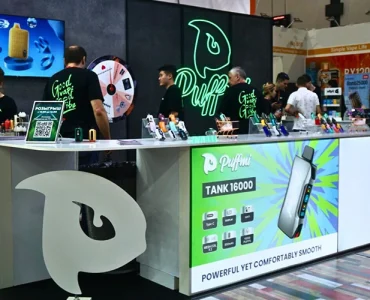


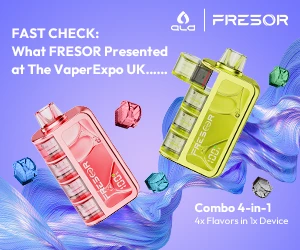
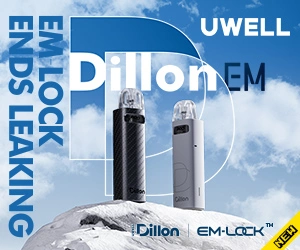

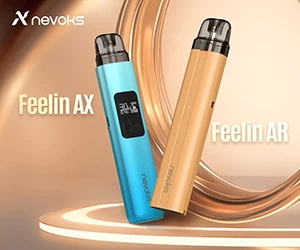
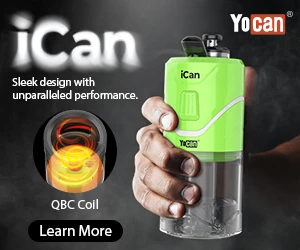
Add comment